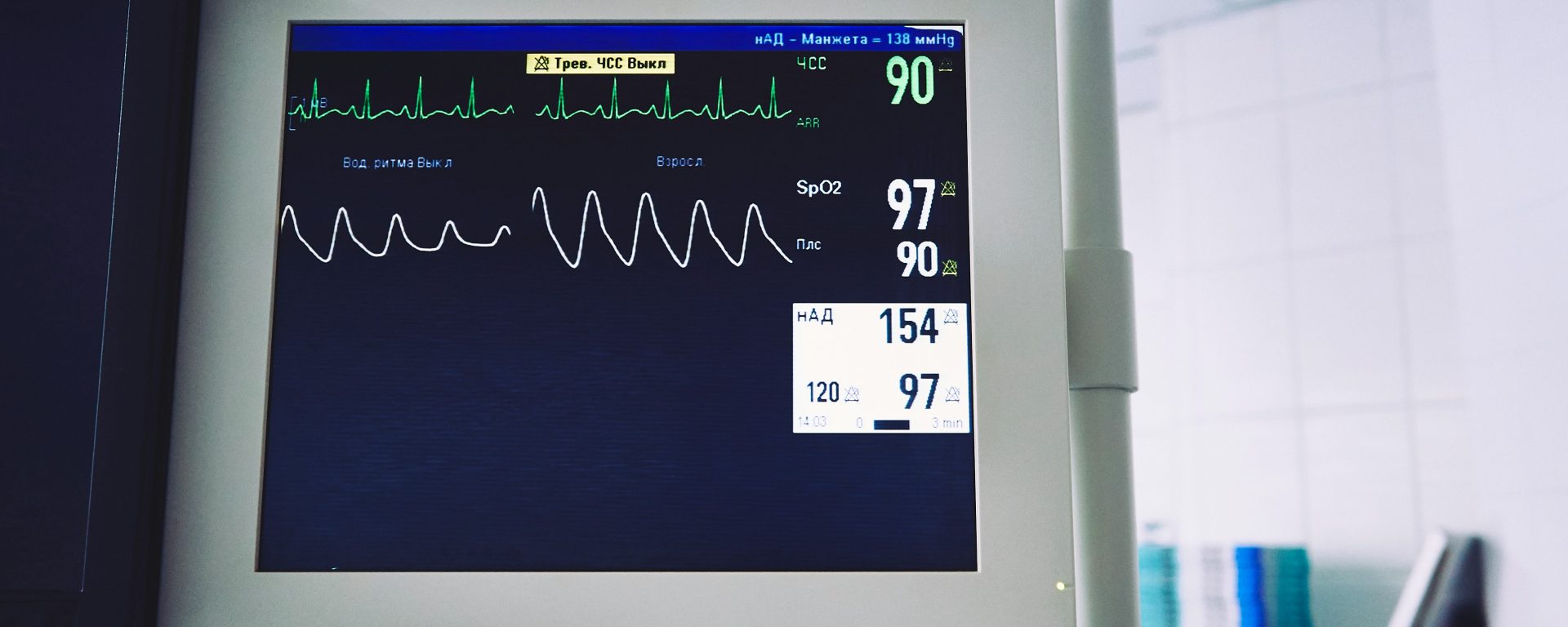Thinking of pursuing a rewarding healthcare career? With a predicted 5% increase in demand for Licensed Practical Nurses (LPNs), a career in nursing may just be calling your name.
Yet, becoming a Licensed Practical Nurse is only a starting point. LPNs can further their careers by obtaining other certificates to focus their skills beyond basic training.
We’ll explore those possibilities below by looking at 10 popular LPN certifications that will level up your skills and career, without going back to school for an advanced degree.
Unlock your LPN career with professional certification
From violence prevention to long-term care, there are a number of LPN certification options to ignite your curiosity. But first, of course, you’ll need to become licensed as an LPN, meeting your state’s initial training and certification requirements. Typically, this requires completing a state-approved LPN program, earning a certificate or diploma, and passing the NCLEX-PN board exam.
Learn more about earning your LPN certificate at Goodwin!
Once you complete your preliminary LPN training and gain your license to practice, you’ll be eligible to pursue an array of specializations or professional credentials in the field. We explore the possibilities below.
The most requested LPN certifications
It’s worth noting that once an LPN earns their license, they are not required to obtain further certifications. However, pursuing voluntary credentials can demonstrate expertise and specialization in specific areas, improve an LPN’s professional opportunities, as well as increase their salary potential.
Here’s a quick rundown of 10 widely recognized LPN certifications that you can pursue to showcase your skills and qualify for career mobility:
1. Basic Life Support (BLS)
Healthcare workers who have earned their Basic Life Support (BLS) certification are better prepared to handle cardiac arrest situations. This training includes cardiopulmonary resuscitation (CPR) for adults, children, and newborns, as well as using an Automated External Defibrillator (AED). BLS courses also cover identifying life-threatening emergencies, effective ventilations using a barrier device, and the treatment of foreign-body airway obstructions (choking) for adults and infants.
2. Certified Correctional Health Professional (CCHP)
Certified Correctional Health Professionals (CCHPs) render healthcare services in correctional facilities such as prisons and jails. In charge of giving health assessments, delivering treatments, and offering health education to inmates, CCHPs ensure that the healthcare provided meets the standards and guidelines essential for delivering appropriate care in the correctional environment.
3. Certified Diabetes Care and Education Specialists (CDCES)
Certified Diabetes Care and Education Specialists (CDCES), previously known as Certified Diabetes Educators (CDE), are healthcare professionals with expertise in diabetes management. Specialists who manage every facet of diabetes create personalized plans for patients, considering their specific needs and preferences. CDCESs are skilled educators who provide ongoing support and can collaborate with other healthcare providers to ensure optimal care for people with diabetes.
4. Certified Hemodialysis Nurse (CHN)
This certification allows LPNs to provide specialized care to patients with kidney failure who undergo hemodialysis. This treatment filters waste products from the blood, a function usually performed by healthy kidneys. CHNs are responsible for preparing patients for dialysis, monitoring them during the procedure, and managing complications that may arise.
5. Certified Gerontological Nurse (CGN)
Certified Gerontological Nurses (CGNs) specialize in caring for the elderly population. They focused on health challenges faced by seniors, such as chronic disease management, mobility issues, and cognitive impairments. CGNs work in many settings, such as nursing homes, assisted living facilities, and hospitals.
6. Certified Hospice and Palliative Licensed Nurse (CHPLN)
Certified Hospice and Palliative Licensed Nurses (CHPLN) offer compassionate care to terminally ill patients and their families during end-of-life stages. Their primary focus is on comfort, pain management, and emotional support. They provide home care services, hospice care, palliative care units, and long-term care institutions, among other venues.
7. Certified in Infection Control (CIC)
CICs are specialists in preventing infections linked to healthcare settings. They create and carry out infection control procedures to protect patient safety, train medical personnel in best practices, and look into outbreaks. Their responsibilities include identifying infectious disease processes, conducting surveillance and epidemiologic investigations, and controlling the transmission of infectious agents.
8. Certified in Long-Term Care (CLTC)
CLTCs are skilled in providing senior care in nursing homes and other long-term care establishments. They care for patients’ medical and social needs, such as managing chronic illnesses, helping them move around, and encouraging social interaction. To ensure long-term care residents’ physical, mental, and social well-being, CLTCs are trained to create a comforting and safe environment.
9. Certified Wound Care Associate (CWCA)
CWCA nurses are experts in treating and managing chronic wounds. They utilize specialized dressings, therapies, and patient education to promote healing and prevent complications. A CWCA certification demonstrates a unique and specialized understanding of wound care, including wound assessment, available treatments, dressing selection, and patient education.
10. Pediatric Advanced Life Support (PALS)
Upon earning their PALS certification, LPN nurses can handle more responsibility in life-threatening situations involving infants and children. The training emphasizes identifying and treating pediatric patients experiencing shock, cardiopulmonary arrest, or respiratory crises. PALS-certified nurses are prepared to give young patients high-quality care in life-threatening circumstances.
Explore LPN certifications and build your expertise
Ready to discover the specialty that best fits your practice?
Discover your strengths in pediatrics, oncology, gerontology, or maternal-neonatal care through additional certifications that refine your skills and increase your marketability for better-paying positions in your field of expertise.
Learn more about the LPN program at Goodwin University and see if a career in practical nursing is the right path for you. Fast-track your journey to a rewarding and in-demand career in nursing through Goodwin’s academic and personal advisors.
You can also learn more about becoming an LPN through our free downloadable guide, here!
Goodwin University is a nonprofit institution of higher education and is accredited by the New England Commission of Higher Education (NECHE), formerly known as the New England Association of Schools and Colleges (NEASC). Goodwin University was founded in 1999, with the goal of serving a diverse student population with career-focused degree programs that lead to strong employment outcomes.

